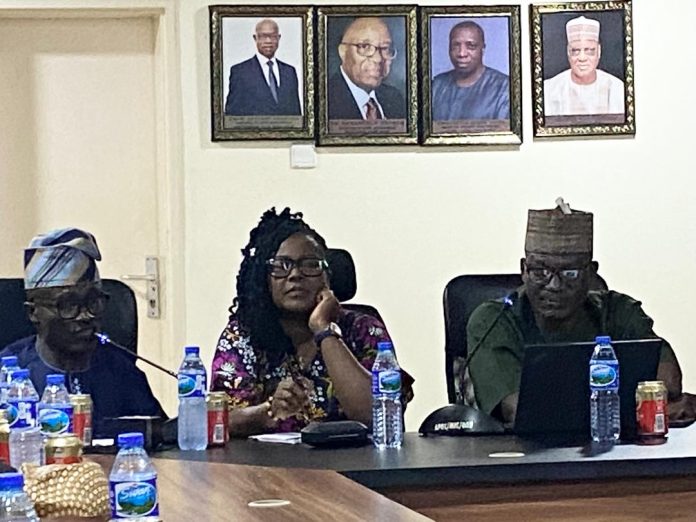Professor Stephen Ogaji, a renowned expert in the electricity industry, has revealed that Nigeria incurs an annual economic loss of $28 billion due to frequent power outages caused by grid collapses and disturbances. Prof. Ogaji shared these insights at the 2024 Association of Power Generation Companies (APGC) Media Engagement and Training held in Abuja.
A Legacy of Grid Failures
Citing data from the Transmission Company of Nigeria (TCN), Prof. Ogaji disclosed that between 2013 and 2020, the national grid failed 84 times and partially collapsed 43 times. The World Bank’s 2019 data further highlighted that Nigeria experienced electricity outages for 191 days out of 365 that year.
“The economic cost of power shortages in the country is estimated at $28 billion annually, equivalent to 2% of the nation’s Gross Domestic Product (GDP),” Ogaji stated. He emphasized that the losses are not limited to the utilities but extend across the economy, impacting businesses, industries, and households.
Energy Losses and Financial Strain
Prof. Ogaji highlighted inefficiencies resulting from grid collapses and operational shutdowns, particularly at critical facilities like the Odukpani National Integrated Power Project (NIPP). He noted that frequent shutdowns, startup delays, and turbine malfunctions significantly increase energy and financial losses.
“Frequent startups and shutdowns result in inefficient gas utilization, reducing the energy generated to gas consumption ratio and decreasing thermal efficiency,” he explained. He further noted that gas vented during shutdowns and unutilized thermal energy add to the wastage.
Moreover, the Take-or-Pay (ToP) gas supply agreements impose heavy financial burdens on power generation companies (GenCos) when gas goes unused. Without a reliable Power Purchase Agreement (PPA) as a backup, the mounting costs threaten the sustainability of power generation businesses.
Damage to Infrastructure
The ongoing outages have also led to thermal fatigue, damaging critical turbine components such as combustion liners, flow sleeves, crossfire tubes, fuel nozzles, and gas turbine first-stage buckets. Repairs for these components require millions of dollars, further exacerbating the economic toll.
Prof. Ogaji stressed that failure to address these challenges could result in reduced plant availability and spiraling generation costs, which already contribute to 59% of the average end-user electricity costs in Nigeria.
Recommendations for Stabilizing the Grid
To mitigate these persistent challenges, Prof. Ogaji proposed a series of reforms:
- Ancillary Services Procurement: The Nigerian Electricity Regulatory Commission (NERC) should approve the procurement of ancillary services to provide secondary controls like spinning reserves.
- Completion of SCADA Projects: The system operator must urgently complete the Supervisory Control and Data Acquisition (SCADA) project to enhance oversight of the power grid.
- Implementation of Generation Dispatch Tool (GDT): The system operator should adopt and enforce the previously proposed GDT.
- Enforcement of Grid Code Provisions: Strict adherence to all grid code provisions is necessary for smoother operations.
A Call for Proactive Action
Prof. Ogaji emphasized the urgency of taking proactive measures to prevent further disruptions to the grid and improve the reliability of gas turbines. “Failure to act will lead to reduced plant availability, higher generation costs, and diminished economic performance,” he warned.
A Path to Stability
As Nigeria grapples with one of the most unstable electricity grids in Africa, implementing these recommendations could provide a roadmap to stability. Beyond ensuring the functionality of thermal gas turbines, these steps could significantly improve power reliability, supporting businesses and households nationwide.
Prof. Ogaji’s remarks serve as a wake-up call for stakeholders across the power sector to address systemic inefficiencies and prioritize sustainable solutions to Nigeria’s electricity challenges.

